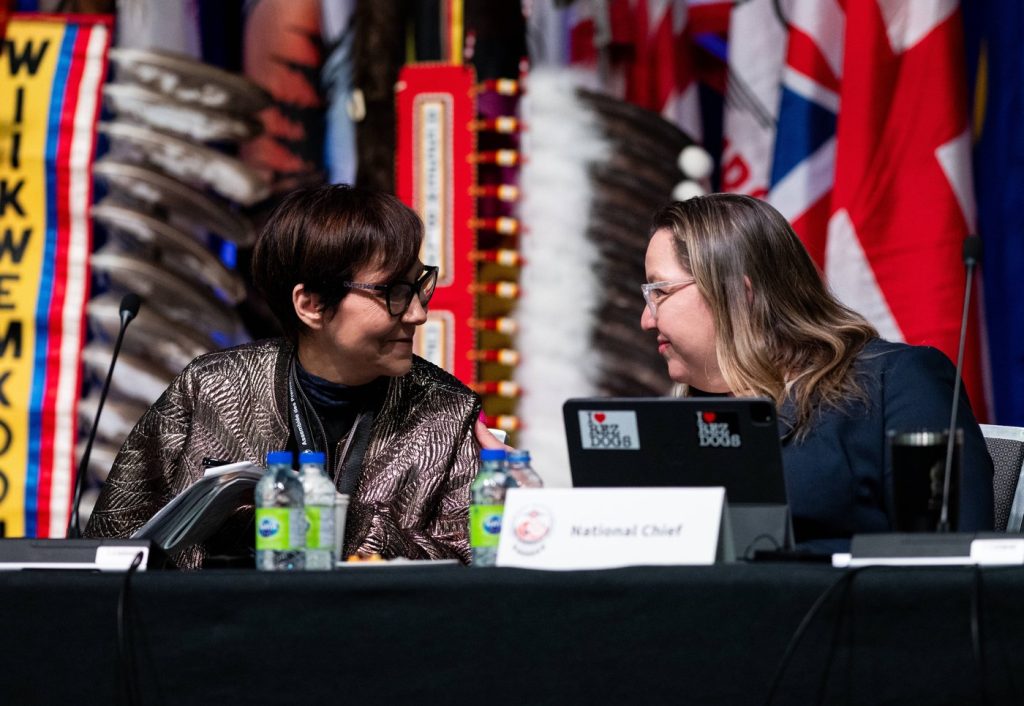OTTAWA – The federal government has informed the Canadian Human Rights Tribunal that discussions with the Assembly of First Nations (AFN) regarding the reform of the child welfare system have reached an impasse. According to Ottawa, the AFN's demands in these negotiations have become "unreasonable."
In a filing dated May 15, 2025, the federal government asserted that it has undertaken "intensive and meaningful efforts" to reform the child welfare system since 2016. This follows the tribunal's earlier ruling that concluded the federal government had discriminated against First Nations children through the underfunding of the on-reserve child welfare system.
Ottawa's communication to the tribunal indicates that the negotiations with the AFN are "no longer working" and there is no longer any "practical utility" in continuing the consultations. This statement highlights the government's frustrations with the ongoing dialogue regarding potential reforms.
In response to federal proposals, First Nations chiefs have twice voted against a specific plan, arguing that the measures offered did not sufficiently protect children from discrimination within the welfare system. The chiefs have emphasized the need for deeper reforms that address systemic issues affecting First Nations children.
Ottawa has proposed a deal worth $47.8 billion aimed at overhauling the child welfare system. However, the federal government claims that this proposal exceeds the requirements outlined by the tribunal and accuses the AFN and the First Nations Child and Family Caring Society of introducing "extensive further demands" for reform.
During the federal election campaign, Prime Minister Mark Carney expressed a commitment to working collaboratively with First Nations to reform the child welfare system. He stated that such efforts are critical to ensuring that First Nations children are provided with the opportunities necessary for success in their lives.
The complexities surrounding this negotiation process illustrate the ongoing challenge of addressing the disparities faced by First Nations children within the Canadian welfare system. Stakeholders on both sides remain deeply invested in finding a solution that aligns with the needs and rights of First Nations communities.
As this situation evolves, it underscores the broader issues of reconciliation and systemic reform that continue to impact First Nations people across Canada. The federal government and the Assembly of First Nations will need to navigate these challenges carefully to arrive at a comprehensive and equitable solution for the welfare of First Nations children.











